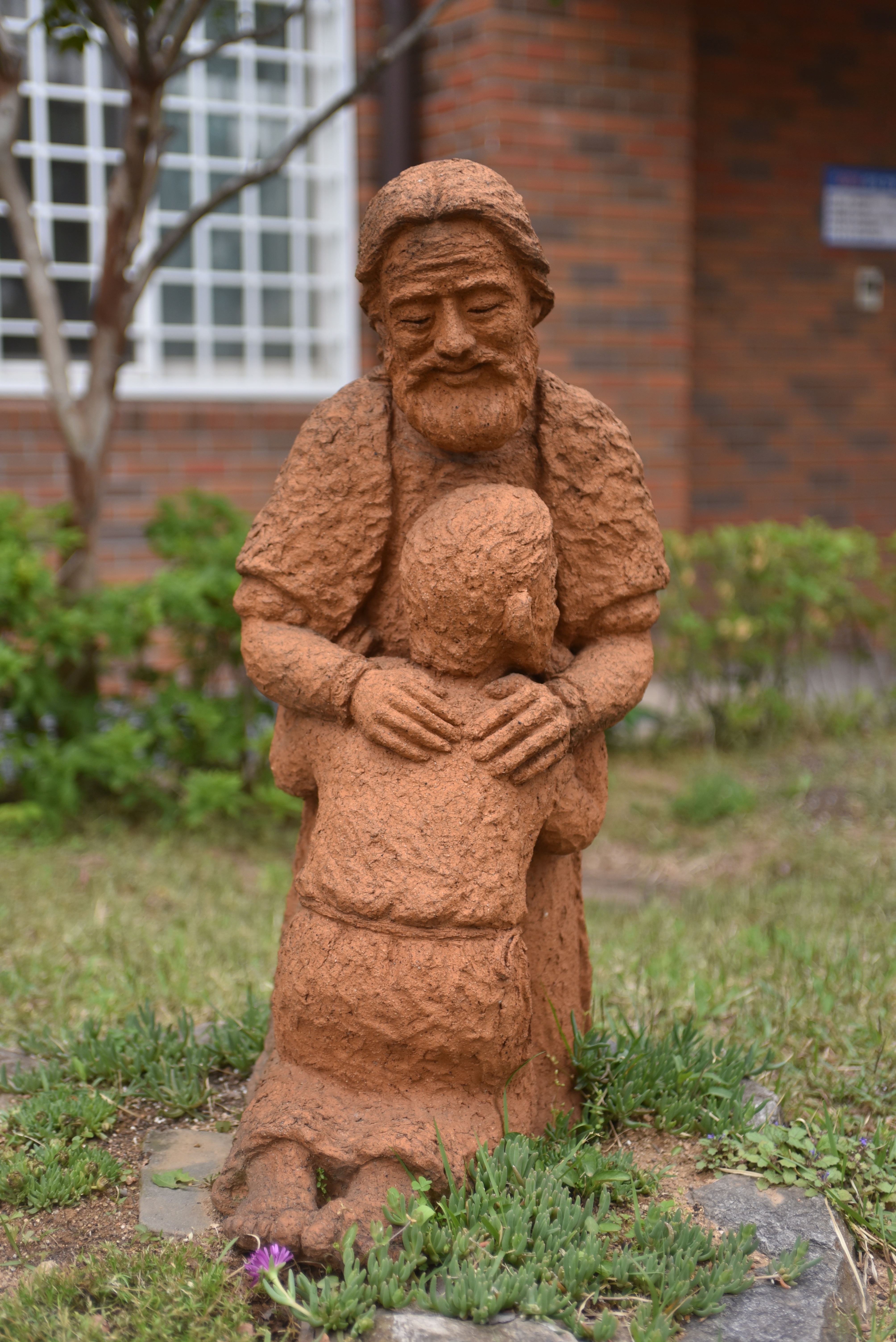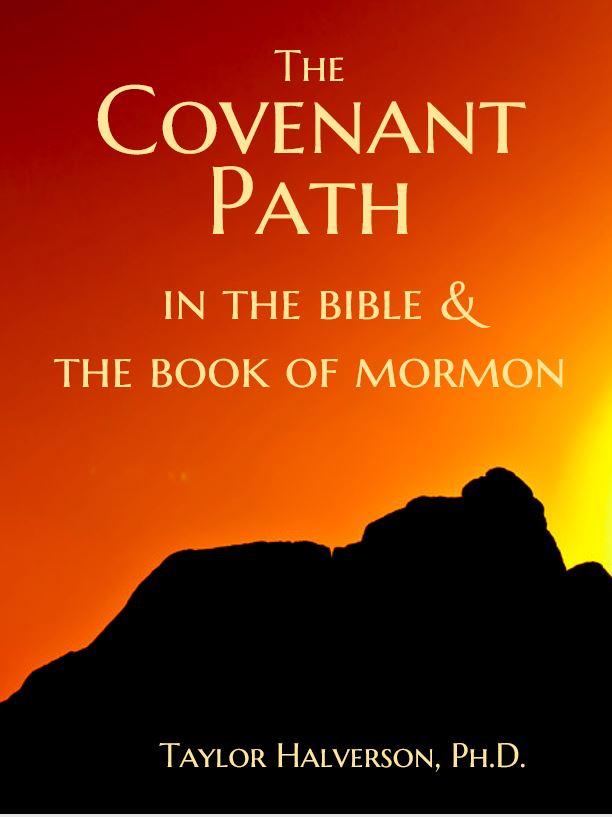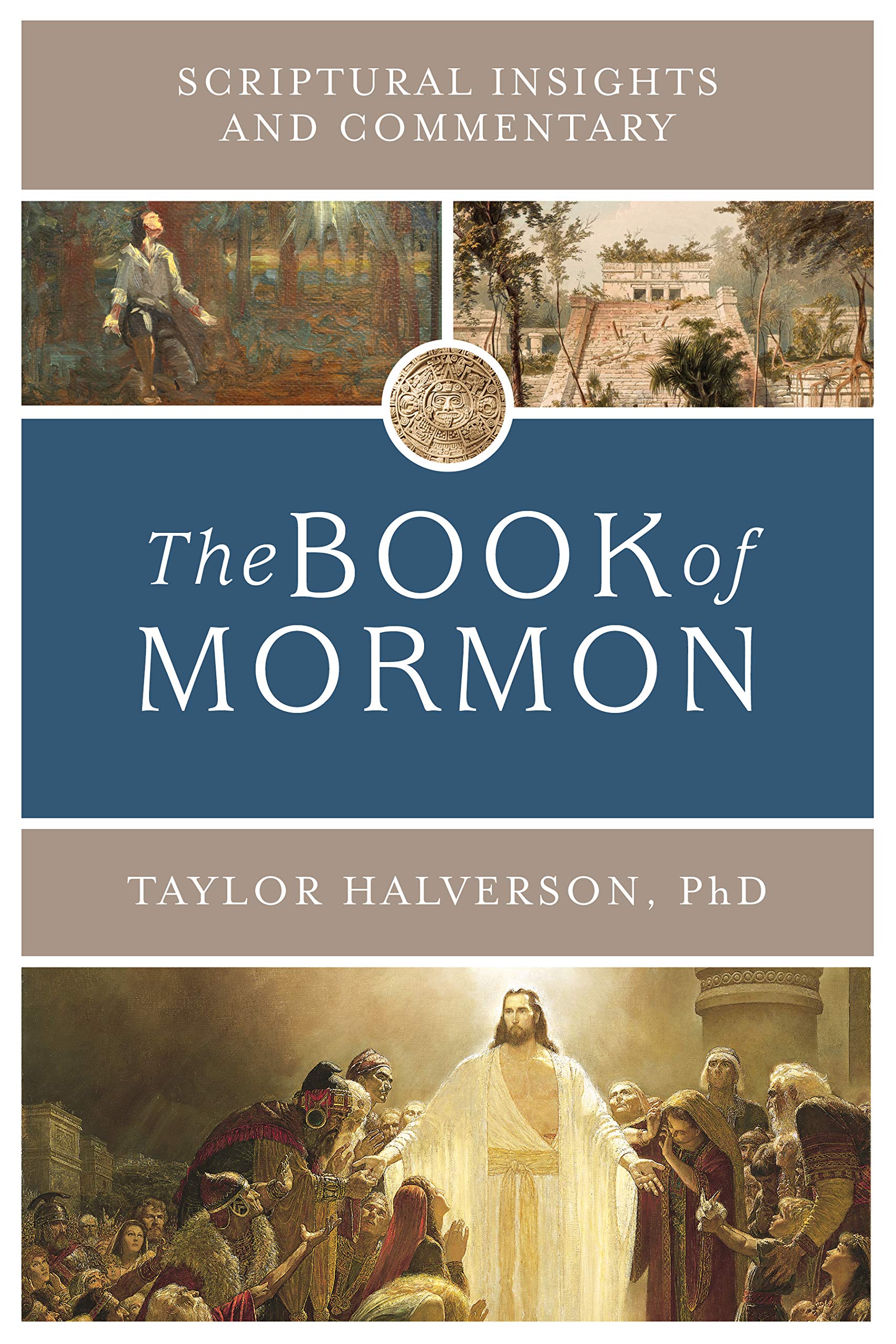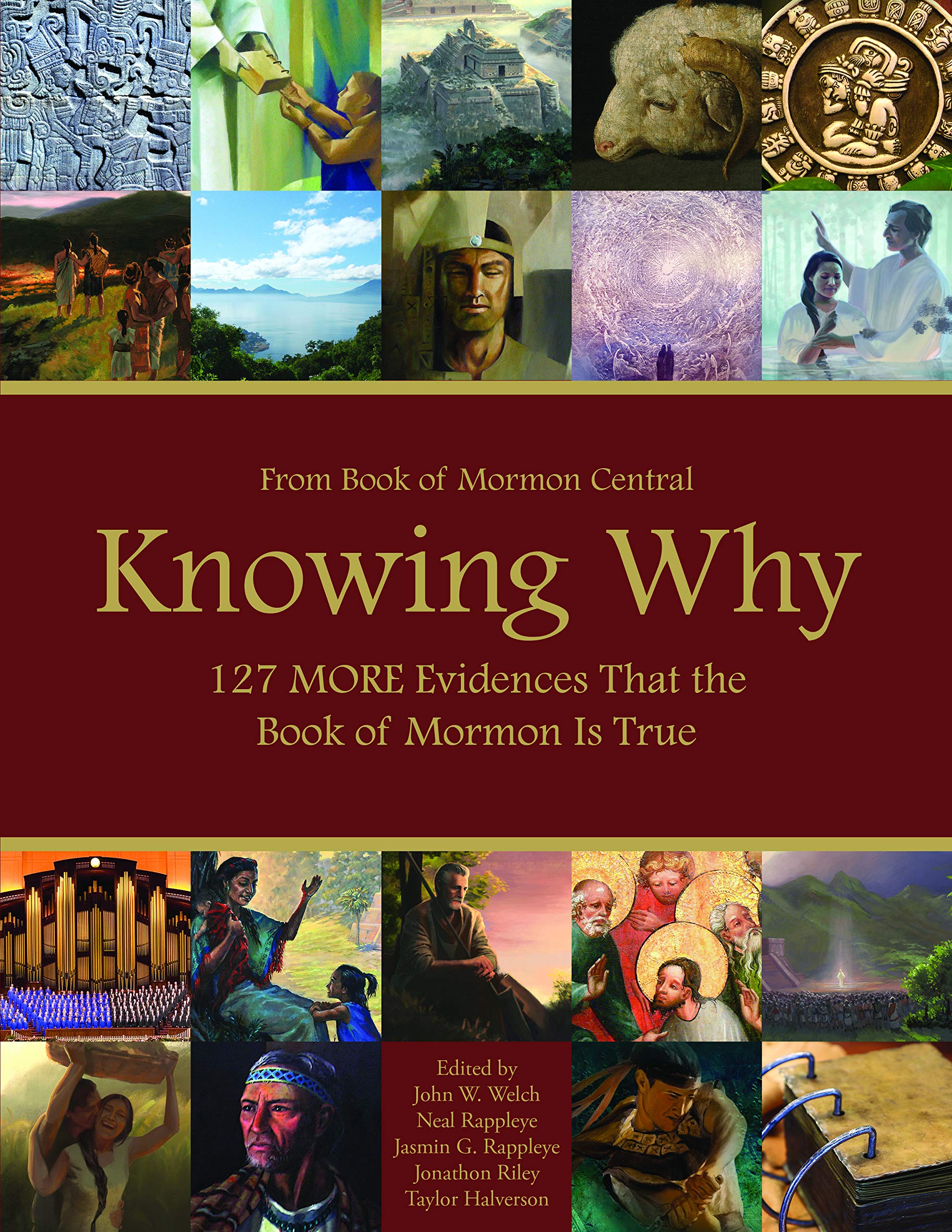I find it marvelously appropriate that following close on the heels of the U.S. Thanksgiving holiday that the Come Follow Me curriculum explores the Letter or Epistle of Jude.
Like the author of the Letter of James, the Letter of Jude was written by Jesus’s younger half-brother. Jude is a shortened form of the ancient Israelite name Judah. What is so fitting in this season of thankfulness is that Judah means Thanks! More specifically, the name Judah means “to praise” and by extension “one worthy of thanks.”
Who is the object of our praise and thanks? Jude’s older brother Jesus. That is something we all have in common with Jude. Jesus is our older brother.
Hey Christians! Do We Really Do What We Claim to Believe?
Jude had strong words for those claiming to be Christian, but their souls were like whited sepulchers full of dead men’s bones. They had the form but no substance. They were Christians in name only. They attended church services but had no intention of keeping the sacramental covenant. In this regard, they covenanted in vain, that is without real intent or purpose. Jude said of these soulless in-name-only Christians,
“These people [in-name-only Christians] are blemishes at your love feasts [sacrament meetings], eating with you without the slightest qualm—shepherds who feed only themselves. They are clouds without rain, blown along by the wind; autumn trees, without fruit and uprooted—twice dead. They are wild waves of the sea, foaming up their shame; wandering stars, for whom blackest darkness has been reserved forever.” (Jude 1:12-13 NIV translation.)
Mercy Begets Mercy: Unto Whom Much Is Given Much Is Required

What does Jesus expect of us in return? That we show mercy to others.
“But you beloved [saints], build yourselves upon [the foundation] of your holy faith through prayer in the Holy Spirit, keep yourselves in the love of God while waiting for the mercy of our Lord Jesus Christ, which is unto eternal life. Be merciful to those who wander [or doubt].” (My translation from the original Greek of Jude 1:20-22, emphasis added.)
Give Thanks by Giving Mercy
During this time of thanksgiving when we turn our hearts to God in gratitude for the gift and birth of His Son Jesus Christ, let us demonstrate by our actions that we are true Christians. Let us freely give of the mercy we have so fully and freely received from Jesus. Let us act as He did, to welcome home the sinner, to bind up the broken-hearted, to mourn with those that mourn, to comfort those who stand in need of comfort, and to sharing the expansive and expanding give of never ending mercy that flows from Jesus Christ.
Now that is a thanks and thanksgiving well met.
Want More from Taylor Halverson?
My latest book The Covenant Path in the Bible and the Book of Mormon is now available at Amazon and Deseret Book!
- What is the covenant path?
- How do we chart the covenant path in the Book of Mormon and the Bible?
- What does “it is by grace that we are saved, after all we can do” mean in a covenantal context?
- What does Jesus mean when he says “be ye therefore perfect, even as your Father in heaven is perfect?” How is this covenantal language?
- What does the phrase “The God of Abraham, Isaac, and Jacob” mean as covenantal language?
- and much more!
NEW BOOK FOR SINGLES!
Are you a single member of the Church or know someone who is? Then this book is for you! Packed with beautiful insights from a variety of trusted voices: Susan Easton Black, Michael Wilcox, Al Fox Carraway and many more.
Two of my recent books are now available!










